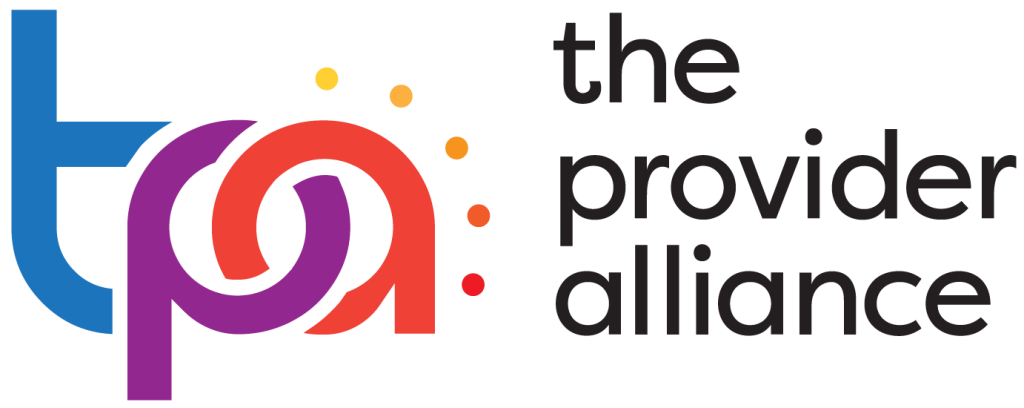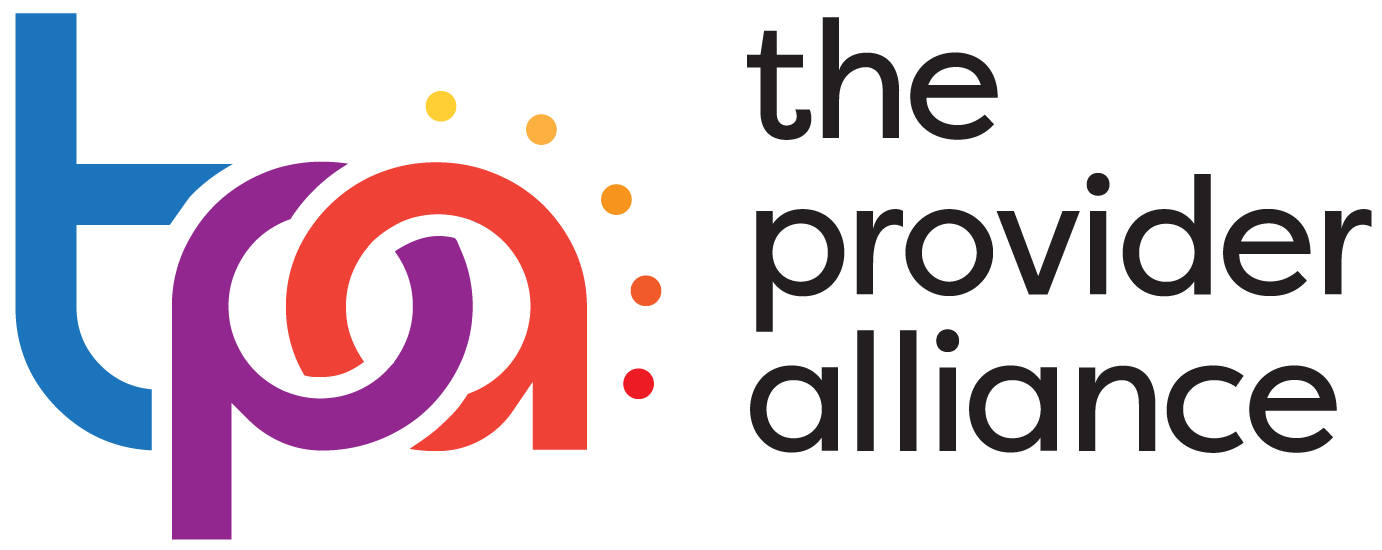The Editorial Board Pittsburgh Post-Gazette
First Published February 3, 2022, 12:00am
Workers who care for Pennsylvanians with intellectual disabilities andautism (ID/ A) are paid different wages, depending on where they providetheir services.
It’s an inequality that has contributed to the serious instability of the state’ssystem of care for people with ID/ A. If it isn’t fixed, the system may simplycollapse.
People with ID/ A in Pennsylvania receive services in one of two settings:either in state-owned institutions where they live full-time, or incommunity settings, such as with their families or with one another inshared residences.
Most advocates and families strongly prefer community-based care, wherepeople with ID/ A can experience regular social interactions andexperiences, as opposed to the more regimented life in the centers.
In fact, the Wolf administration has already closed one state facility, and advocates say that two others may be closing soon.
Despite this clear preference, care workers in Pennsylvania’s state centers are paid nearly 30% more than their community-based counterparts. And no matter where they work, all direct service providers (DSPs) are underpaid.
Right now, state center care workers are paid $18.66 per hour, while community-based DSPs get a measly $14.38. With the rise in market-based hourly wages during the pandemic, community-based care providers are now competing with restaurants for workers.
That $14.38 also hasn’t changed in years, while state-center DSPs receive small but helpful annual raises. And because it’s the state Medicaid reimbursement rate, it’s the very most they can pay: There’s no opportunity to earn more for excellent work, unless they are hired for one of the few management roles in these lean, cash-strapped organizations.
As a result, providers are struggling to attract the kind of compassionate, dedicated workers they need to serve often difficult clients. Many people with ID/ A who receive these services are non-verbal, or can become aggressive when confused. Caring for them requires sensitivity, a tolerance for risk and a radical openness to friendship with someone so different, but who desires to be loved just as much as anybody else.
It is work that is worth much more than $14.38 an hour.
State Rep. Dan Miller, D-Mt. Lebanon, is known as a champion for people with ID/ A. He tells us that he’s looking for a “holistic solution” to the problems in the state’s care system — but his House Bill 92 is a start. HB 92 wouldn’t rectify the pay equity problem between state centers and community-based DSPs, but it would index all DSP wages to inflation, giving them a much needed raise.
This is promising, but we urge the Legislature to take the next step and mandate pay equity. There are complexities, such as the fact that state-center DSPs are unionized state employees and community-based DSPs are not, but the latter shouldn’t need a union to force the legislature to do the right thing and pay them fairly.
We agree with Mr. Miller that there is a real opportunity for bipartisan action on this crucial issue. Caring for the least of these is a core duty of decent government that everyone should be able to agree about — and paying care workers well and fairly is essential to fulfilling that duty.

